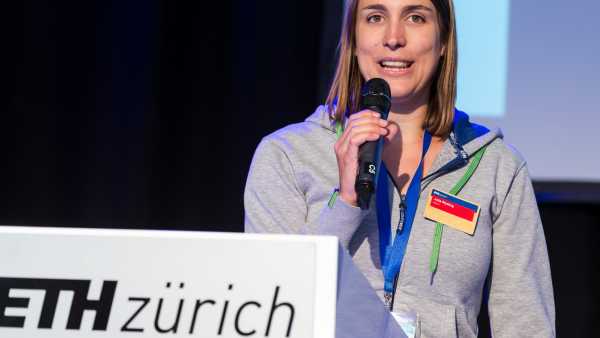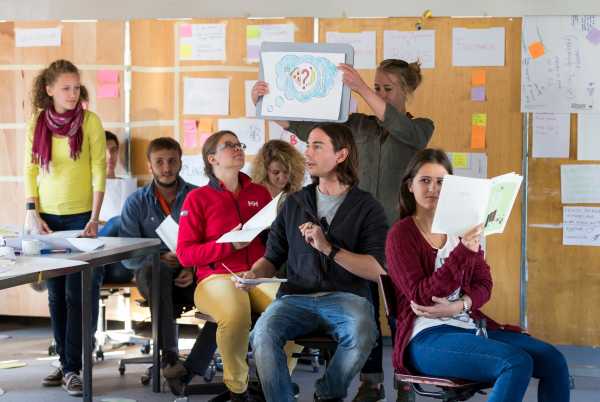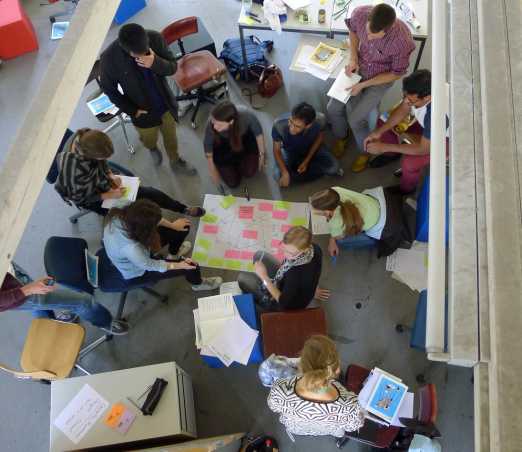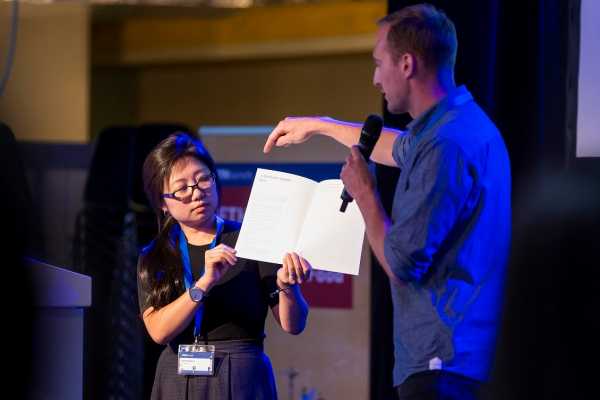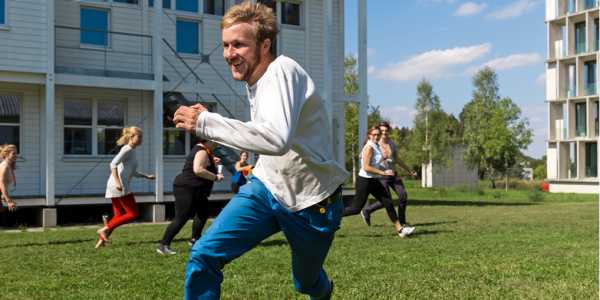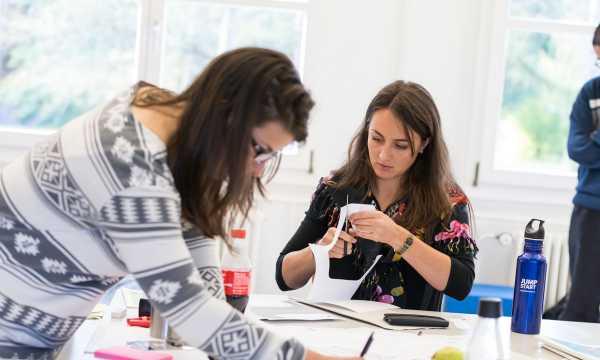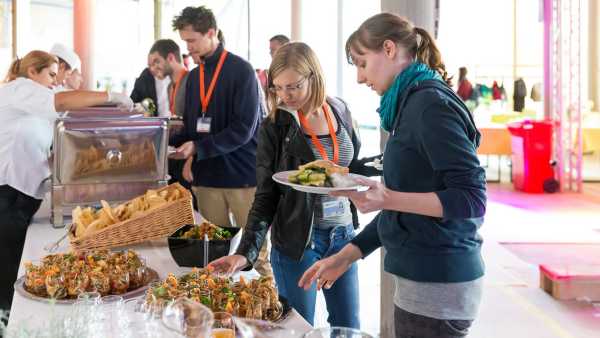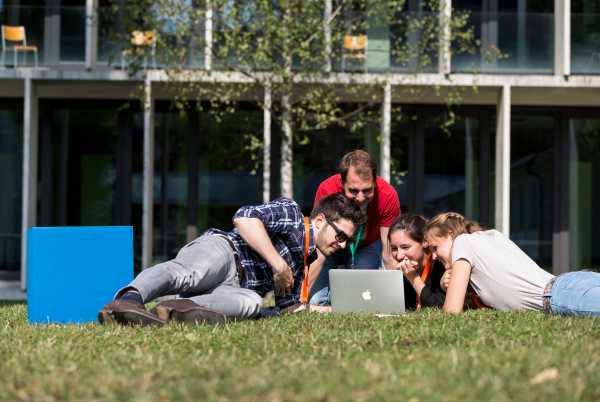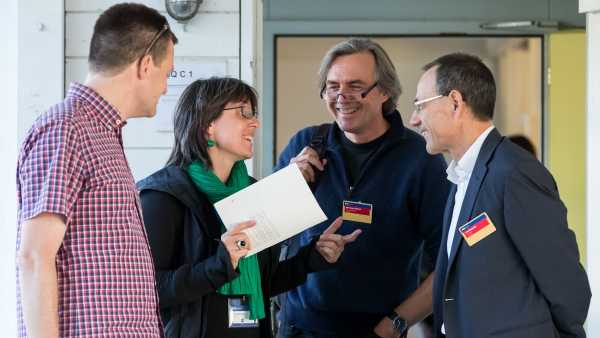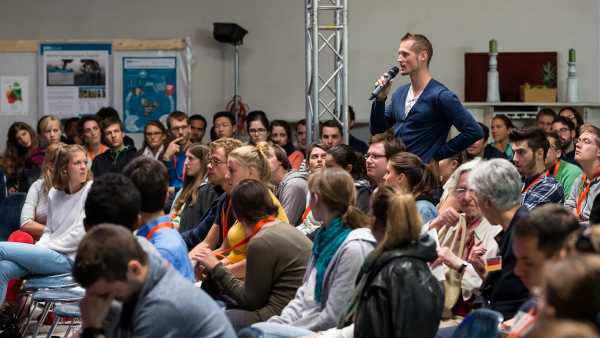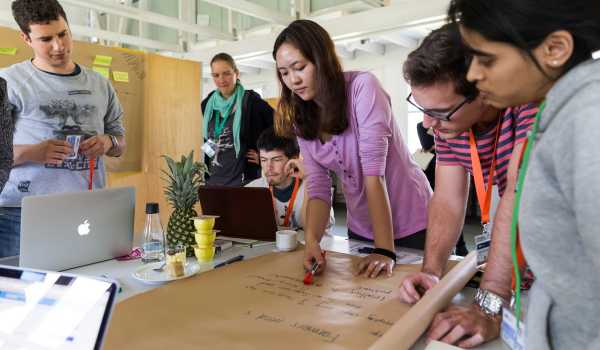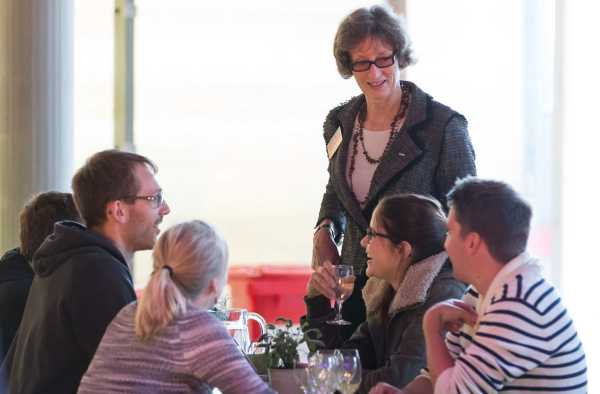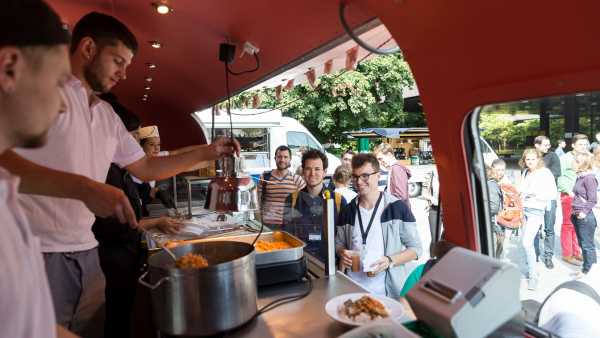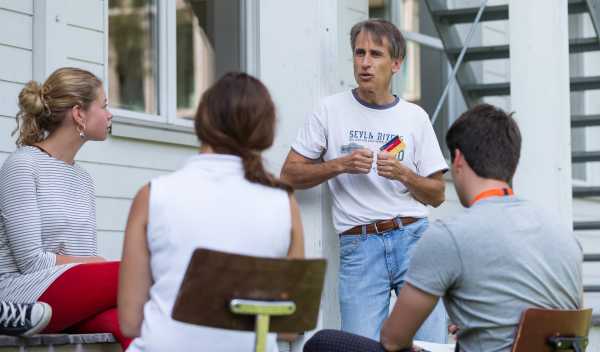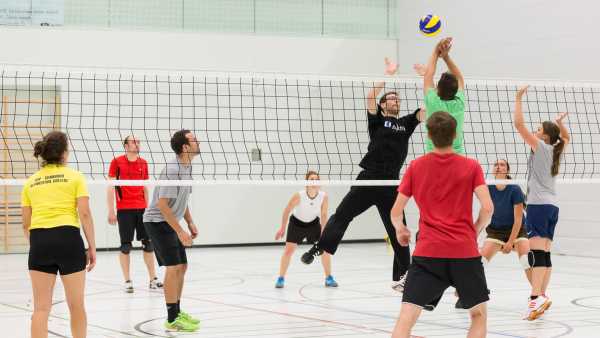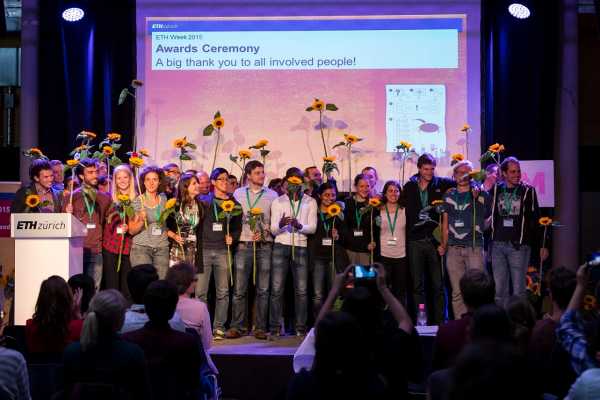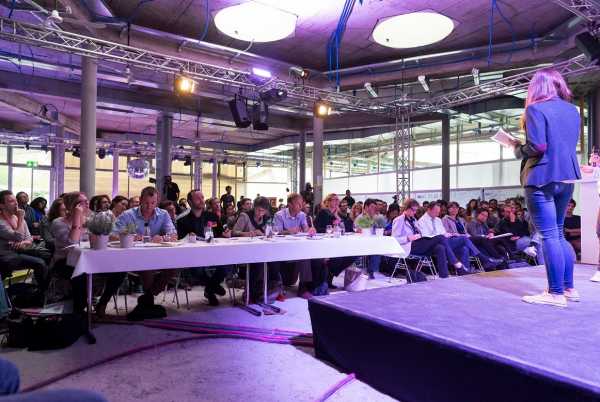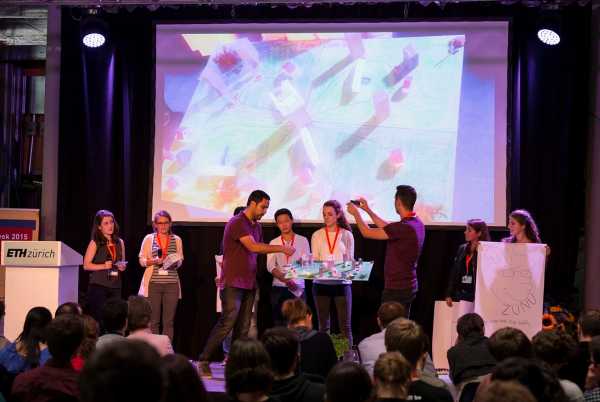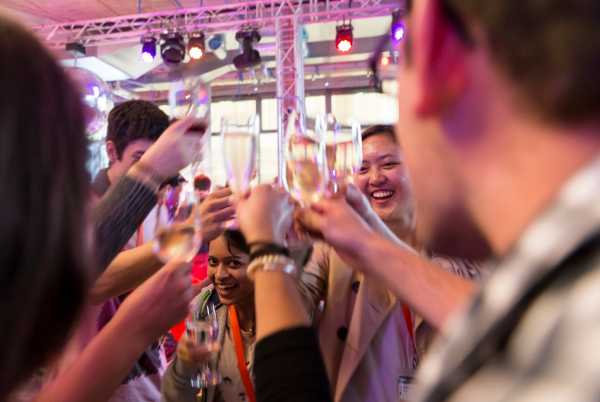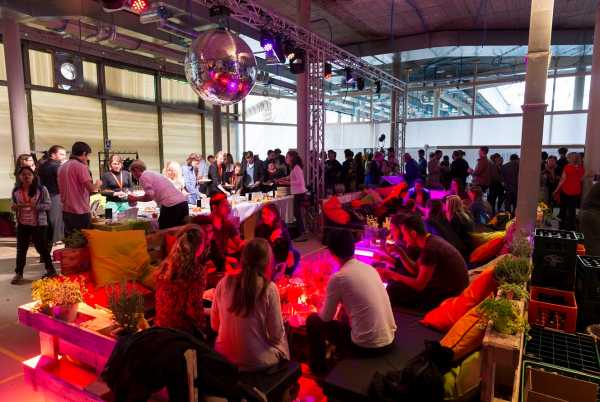The Story of Food (2015)
In September 2015, the first ETH Week ‘The Story of Food’ took place on Campus Hönggerberg. Almost 130 ETH participants from 15 departments and 27 countries formed 12 interdisciplinary teams. We had invited over 20 experts who worked with the participants on their ideas. A specific Download workbook (PDF, 18 MB) was guiding the students through the week. Last, but not least, they were supported by a team of 16 excellent tutors.
"I really enjoyed the freedom of the course. It is about bringing yourself to the problem rather than education bringing it to you."Saad Arshad, Student in Mathematics ETH Zurich
The participants were looking at food, as the fundamental connection between people and the planet because the question of how to feed the world, while taking into consideration human health, the environment, and social wellbeing, is possibly one of the most complex challenges of our time. The world produces sufficient food to enable every single person to have more than the daily recommended calorific intake required for good health. So why do we worry about food security? If we have enough food, why do almost 800 million people go to bed hungry each night? Why are there billions of undernourished people on the planet, while at the same time, over a billion people in the world suffer from obesity—which also has significant impacts in terms of health and chronic disease? Furthermore, how are factors such as global population growth, changing dietary habits, and competition among uses (e.g., for fuel and feed) placing record demands on the consumption side? All of these factors play out within a global political economy that influences prices and incentives, further increasing complexity and volatility.
Have a look at the teams and their ‘stories of food’:
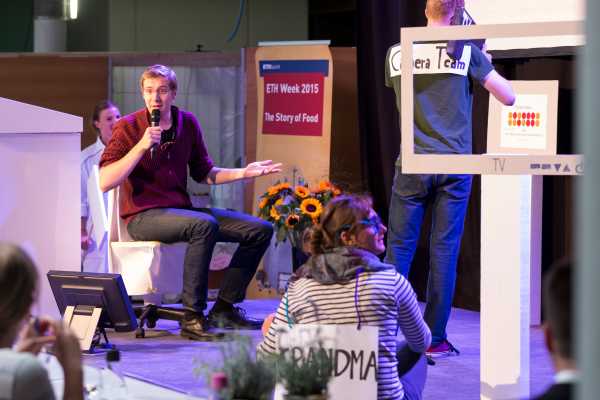
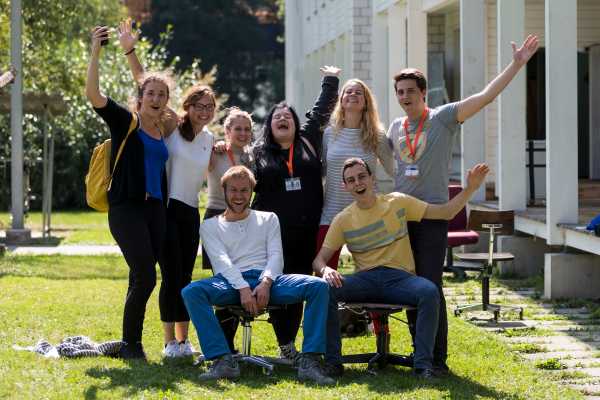
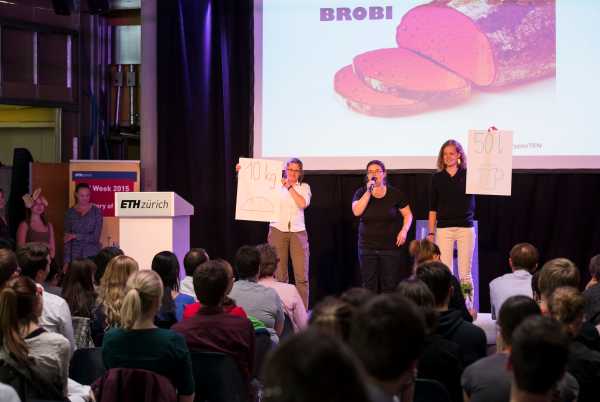
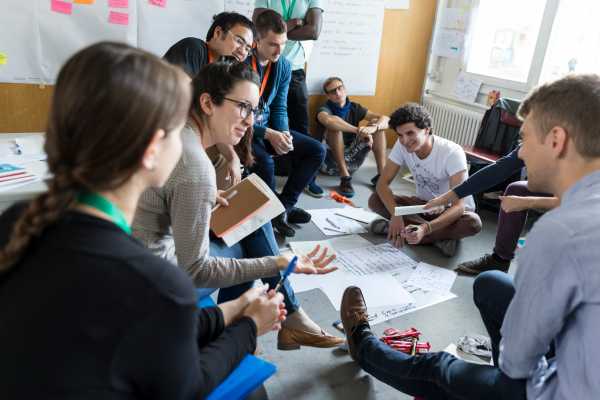
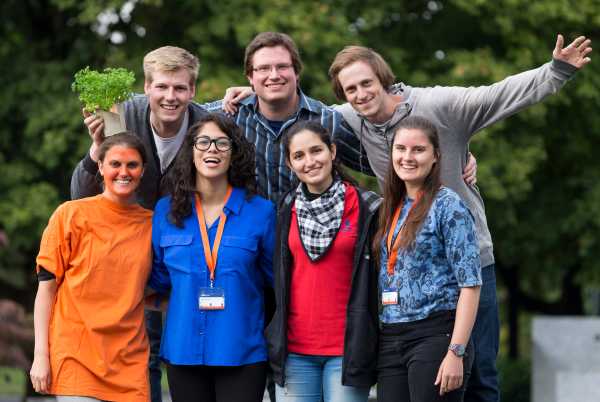
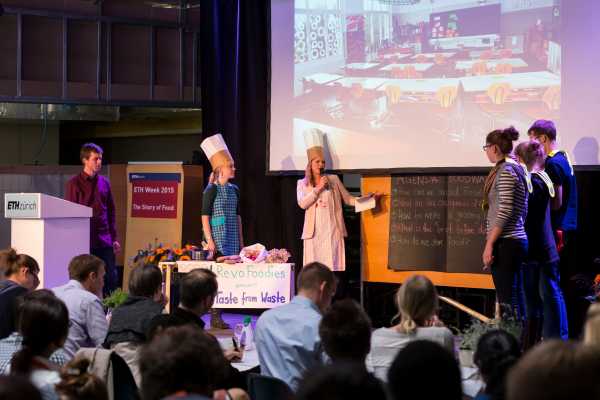
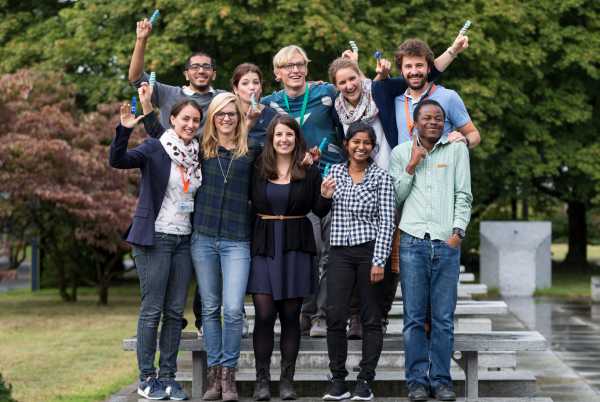
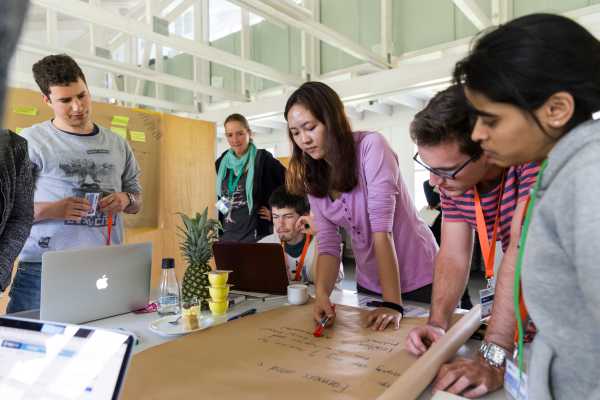
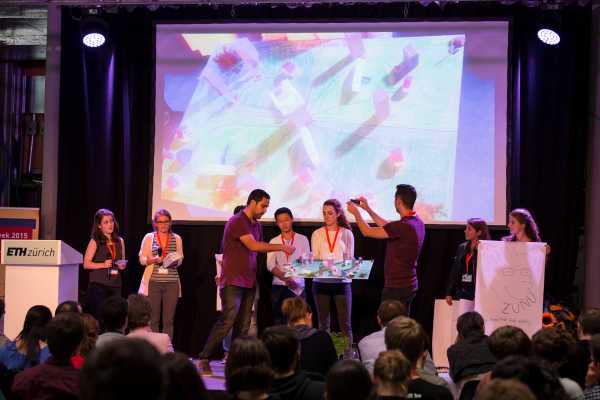
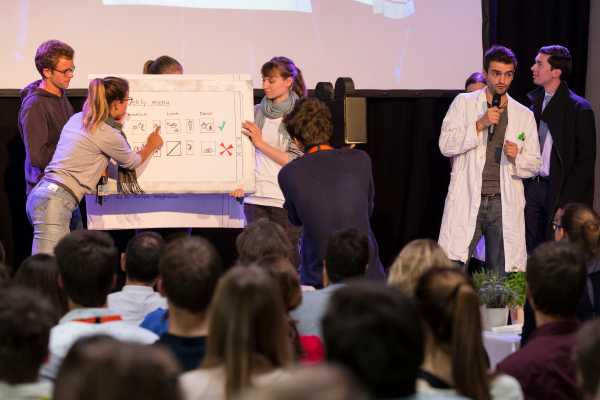
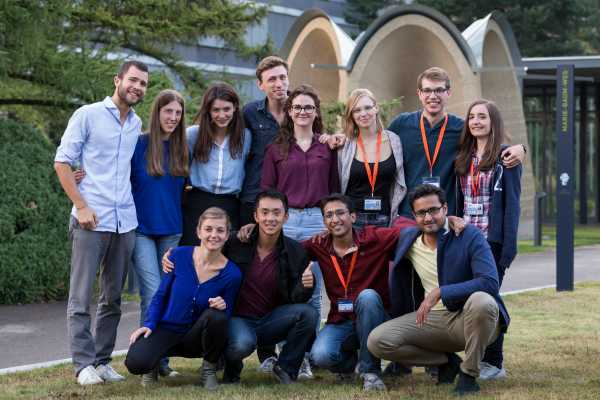
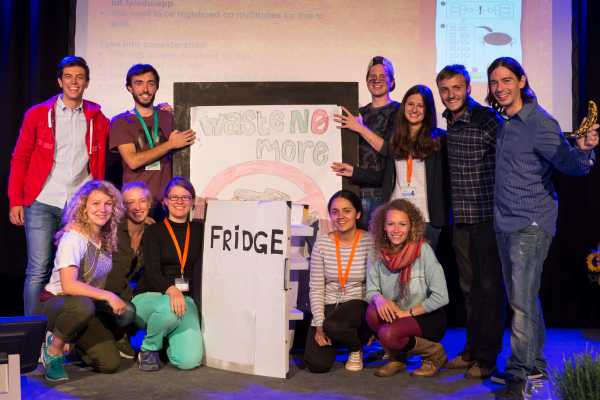
In the image carousel above, you can find a short description of the identified problems of the 12 teams that participated. You may also read a more detailed impression of the week in the ETH News or check out the detailed programme and Download workbook (PDF, 1.8 MB) of ETH Week 2015.
"It was incredibly valuable to attend ETH Week 2015. I learned so much about global food issues, had a chance to settle into Zurich and even gained the opportunity to attend a conference with my team later in the semester."Katelyn Currie, Exchange Student in Mechanical Engineering ETH Zurich
Impressions of ETH Week 2015 "The Story of Food"
